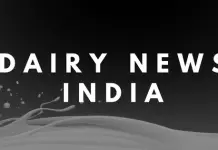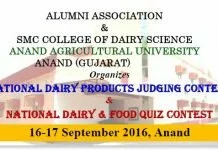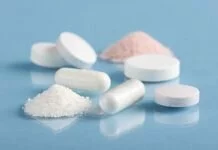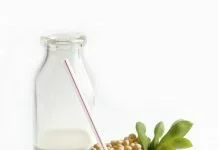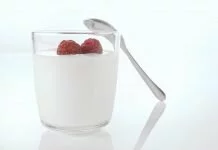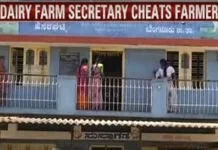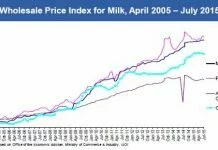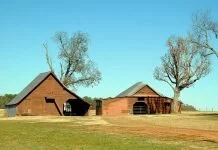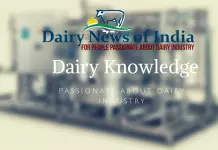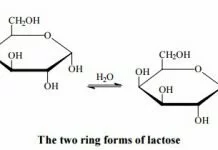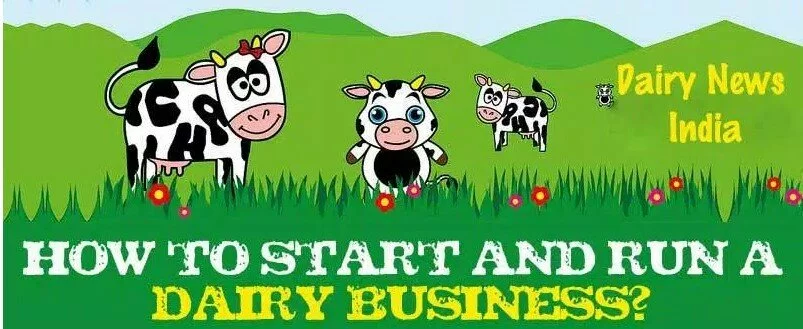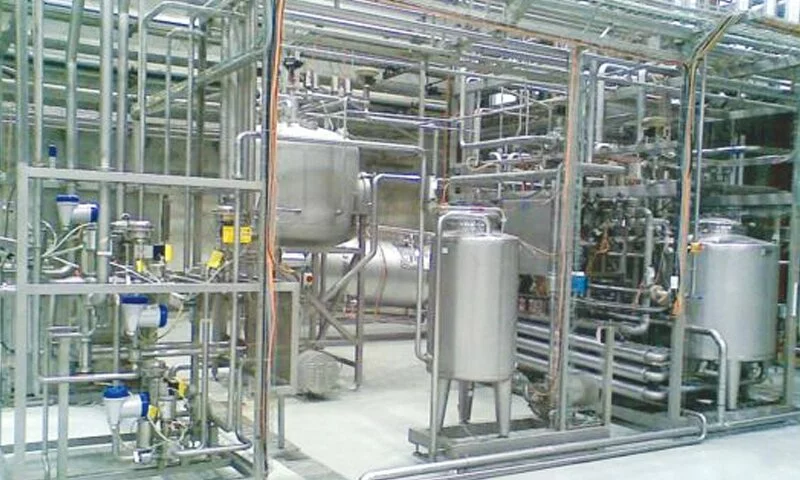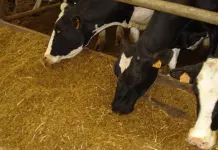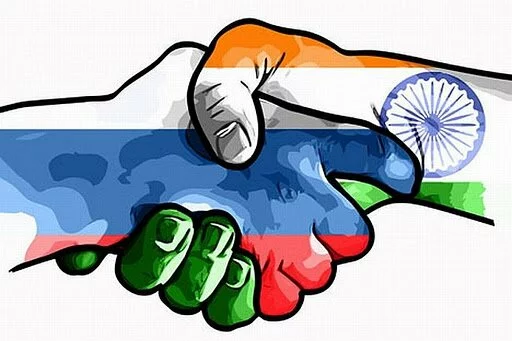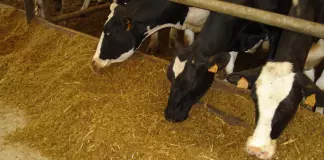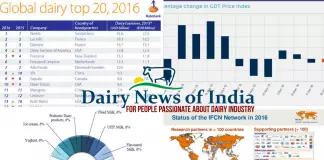Dairy industry breathes easy as Moscow signs export protocol
New Delhi, August 14: Ending several months of uncertainty for the Indian dairy industry, Russia has finally signed the protocol which will allow exports of dairy products from India to begin.
“The Russian agency for ensuring food quality and safety, FSVPS, has now signed the protocol and will upload on its website the names of the dairies that meet the strict conditions laid down by it to qualify for exports,” a government official told Business Line. With Russia continuing its ban on import of food items from Western countries, including the European Union, India has been eyeing the $40-billion market for food and agricultural items, which includes dairy products.
Although only a handful of dairy plants may meet the given norms to begin with, the Indian dairy industry is hopeful that soon Russia will start sourcing from other companies as well when it is satisfied by the high quality of Indian products. “We are ready to meet all conditions laid down by the Russians. We just want them to give us an opportunity to begin exporting. Once they realise that our items, such as hard cheese, are of premium quality, they would hopefully be open to exports from more companies,” said Devendra Shah, Chairman & Managing Director, Parag Milk Foods.
Parag Milk Foods and Shreiber Dynamix Diaries were the first two plants that were approved by the FSVPS last year in April, when Russia was insisting that dairies should have their captive cattle farms with at least 1,000 cattle to qualify for exports.
Captive cattle farms India, however, had not signed the export protocol at that time as it wanted the requirement for a captive cattle farm to be dropped from the list of mandatory requirements as most dairy companies in India — including Amul — do not have such farms.
Russia finally agreed to drop the captive farm condition earlier this year, but decided to retain the one requiring exporters to collect milk directly from farms and not from collection centres.
“The Export Inspection Council has given a detailed brief to FSVPS on the veterinary inspection process followed by dairies in the country to ensure that cows are disease-free. On the basis of this information and the field inspection it carried out in the country, the Indian dairies would be selected,” the official said.
Comments
comments


